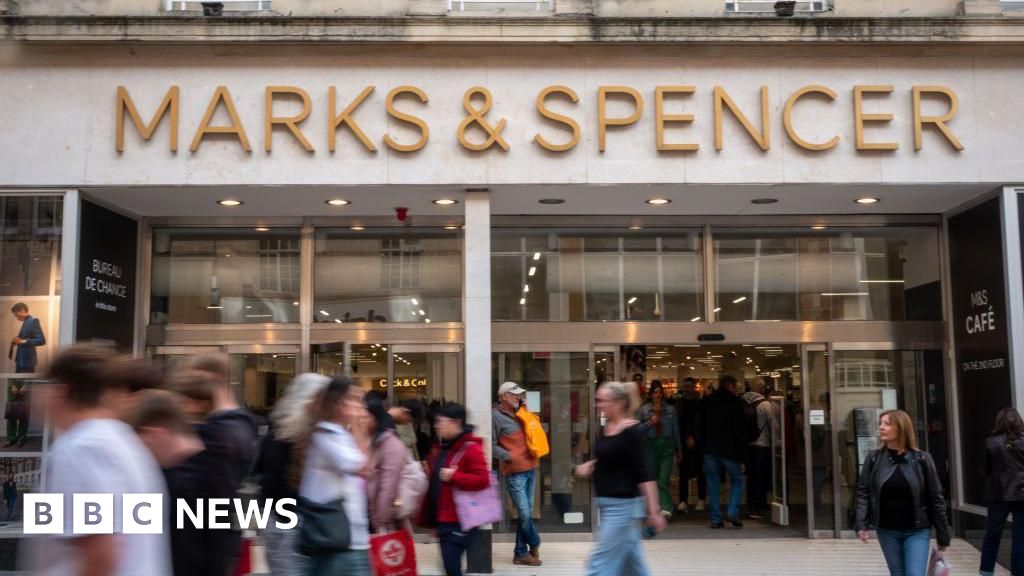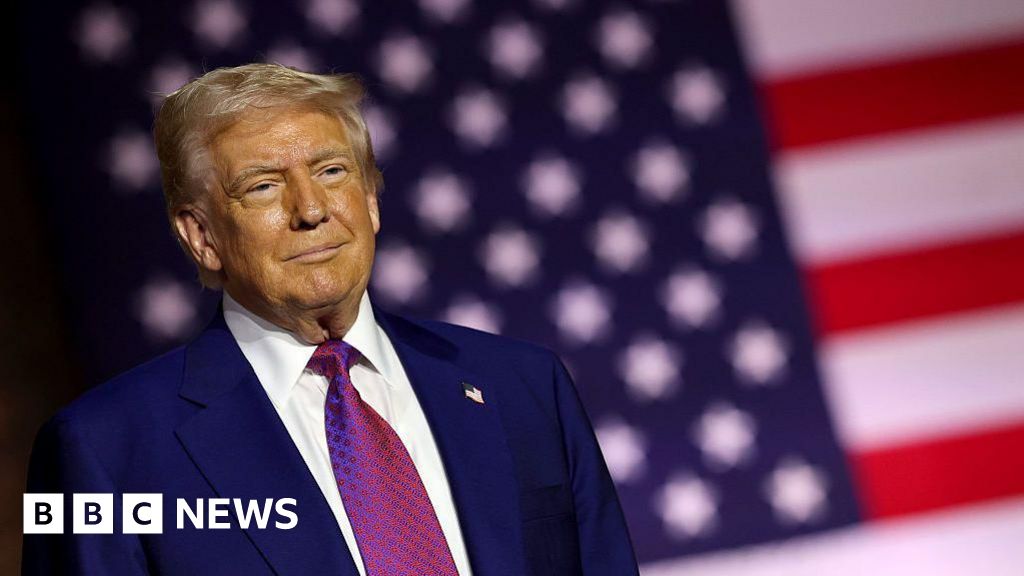ARTICLE AD BOX
By Beth Timmins
Business reporter, BBC News
Image source, Getty Images
The French beauty brand L'Occitane says it will keep its shops in Russia open despite the invasion of Ukraine.
The firm told the BBC it had discussed closing its stores "at length" but said it had not because it wanted to protect staff from potential "retaliation".
It has stopped shipping to Russia but website sales still seem to be open.
Hundreds of international brands including L'Oreal and Estee Lauder have already closed shops and ceased online sales in Russia in protest at the war.
Some customers criticised L'Occitane for its decision and called for a boycott of the brand which is sold at more than 3,085 retail outlets worldwide and had sales of €1.5bn (£1.3bn) last year.
The cosmetics firm, which has spas and stores in Russian cities including Moscow and St Petersburg, said it could not take the "risk" of closing its shops.
"At this point we cannot guarantee that our 700 employees in Russia will not face retaliation if we cease to operate in the country," a spokeswoman told the BBC.
"We are particularly concerned for those of our employees who have relatives in Ukraine or who are of Ukrainian descent," she added.
"At the same time, we are firmly committed to our partners and their employees in Ukraine."
The firm said it strongly condemned Russia's "unjustified and unprovoked" invasion and had significantly scaled back its operations in Russia, suspending its investment plans and all shipments into the country.
It refused to comment on whether it had continued online sales in the country and what the impact of stopping shipments would have on its Russian shops.
Tweeting a picture of a L'Occitane product one customer said: "I've used this cream for years, never again. Even if they back out, they've showed their corporate integrity."
L'Occitane is one of a number of firms listed as still operating in Russia by Professor Jeffrey Sonnenfeld at Yale University's School of Management.
Among them are the French energy giant EDF, the UAE's Emirates airline, and China's Lenovo computer brand. However, a much larger group of around 600 big firms have pulled out of Russia or suspended sales since it invaded, including Starbucks, Coca Cola, Levi's and Apple.
Image source, Getty Images
Other international outlets still open in Russia have said they are not able to shut stores due to complex franchise deals preventing them from withdrawing. Burger King and the hotel groups Marriott and Accor are among the firms restricted by these arrangements.
On Tuesday, some independent Nike stores were found to be operating in Russia over a week after the sportswear brand said it was temporarily closing all its shops in the country.
Professor Vanessa Burbano, from Columbia Business School in the US, said that consistency between claims and actions is important for brands with operations in Russia.
"Customers and employees do pay attention to which companies are first in making these kinds of commitments and which firms don't go as far," Prof Burbano said.
"The risk of companies making claims that may not be perceived as consistent with their actions is that they could be seen as a green-washing in the Ukraine context which would be bad for their reputation."

 3 years ago
51
3 years ago
51








 English (US) ·
English (US) ·